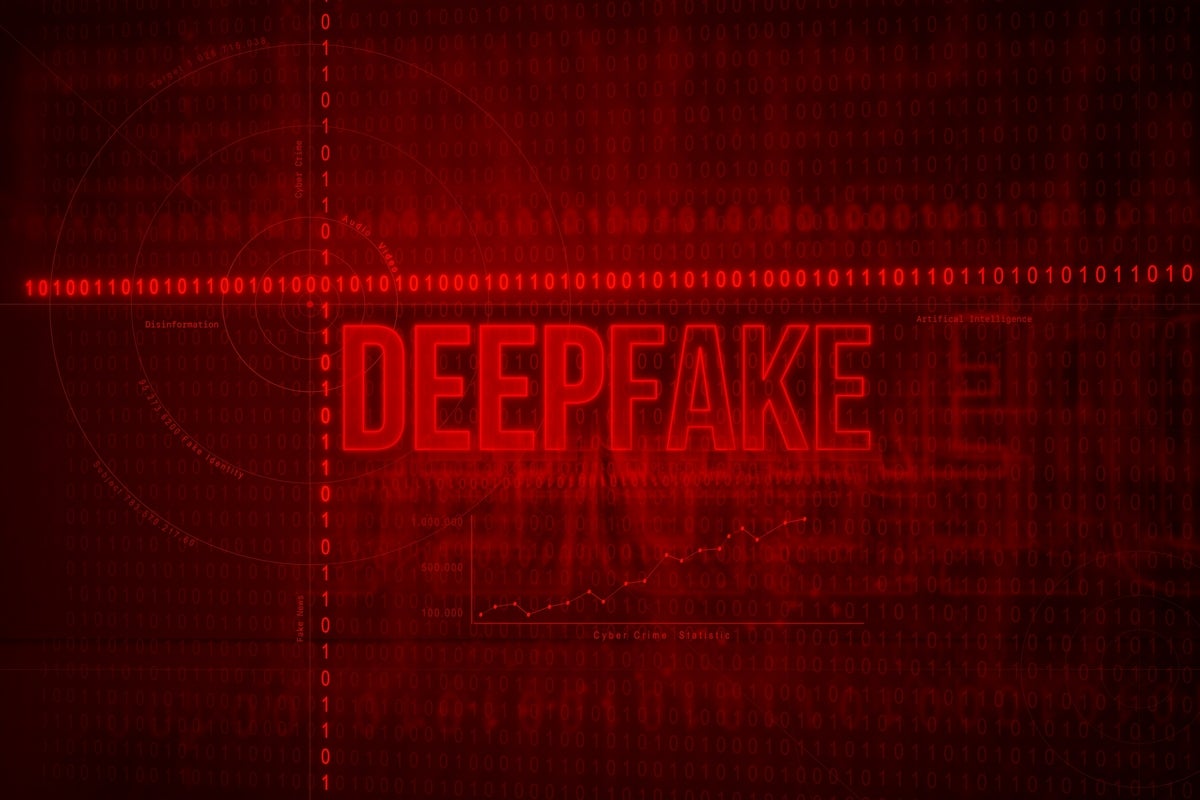More than 150 leading artificial intelligence (AI) researchers, ethicists and others have signed an open letter calling on generative AI (genAI) companies to submit to independent evaluations of their systems, the lack of which has led to concerns about basic protections.
The letter, drafted by researchers from MIT, Princeton, and Stanford University, called for legal and technical protections for good-faith research on genAI models, which they said is hampering safety measures that could help protect the public.
The letter, and a study behind it, was created with the help of nearly two dozen professors and researchers who called for a legal “safe harbor” for independent evaluation of genAI products.
The letter was sent to companies including OpenAI, Anthropic, Google, Meta, and Midjourney, and asks them to allow researchers to investigate their products to ensure consumers are protected from bias, alleged copyright infringement, and non-consensual intimate imagery.
“Independent evaluation of AI models that are already deployed is widely regarded as essential for ensuring safety, security, and trust,” two of the researchers responsible for the letter wrote in a blog post. “Independent red-teaming research of AI models has uncovered vulnerabilities related to low resource languages, bypassing safety measure, and a wide range of jailbreaks.
“These evaluations investigate a broad set of often unanticipated model flaws, related to misuse, bias, copyright, and other issues,” they said.
Last April, a who’s who of technologists called for AI labs to stop training the most powerful systems for at least six months, citing “profound risks to society and humanity.”
That open letter now has more than 3,100 signatories, including Apple co-founder Steve Wozniak; tech leaders called out San Francisco-based OpenAI Lab’s recently announced GPT-4 algorithm in particular, saying the company should halt further development until oversight standards were in place.
The latest letter said AI companies, academic researchers, and civil society “agree that generative AI systems pose notable risks and that independent evaluation of these risks is an essential form of accountability.”
The signatories include professors from Ivy League schools and other prominent universities, including MIT, as well as executives from companies such as Hugging Face and Mozilla. The list also includes researchers and ethicists such as Dhanaraj Thakur, research director at the Center for Democracy and Technology, and Subhabrata Majumdar, president of the AI Risk and Vulnerability Alliance.
Knight First Amendment Institute, Columbia University
While the letter acknowledges and even praises the fact that some genAI makers have special programs to give researchers access to their systems, it also calls them out for being subjective about who can or cannot see their tech.
In particular, the researchers called out AI companies Cohere…
2024-03-09 03:41:01
Article from www.computerworld.com
